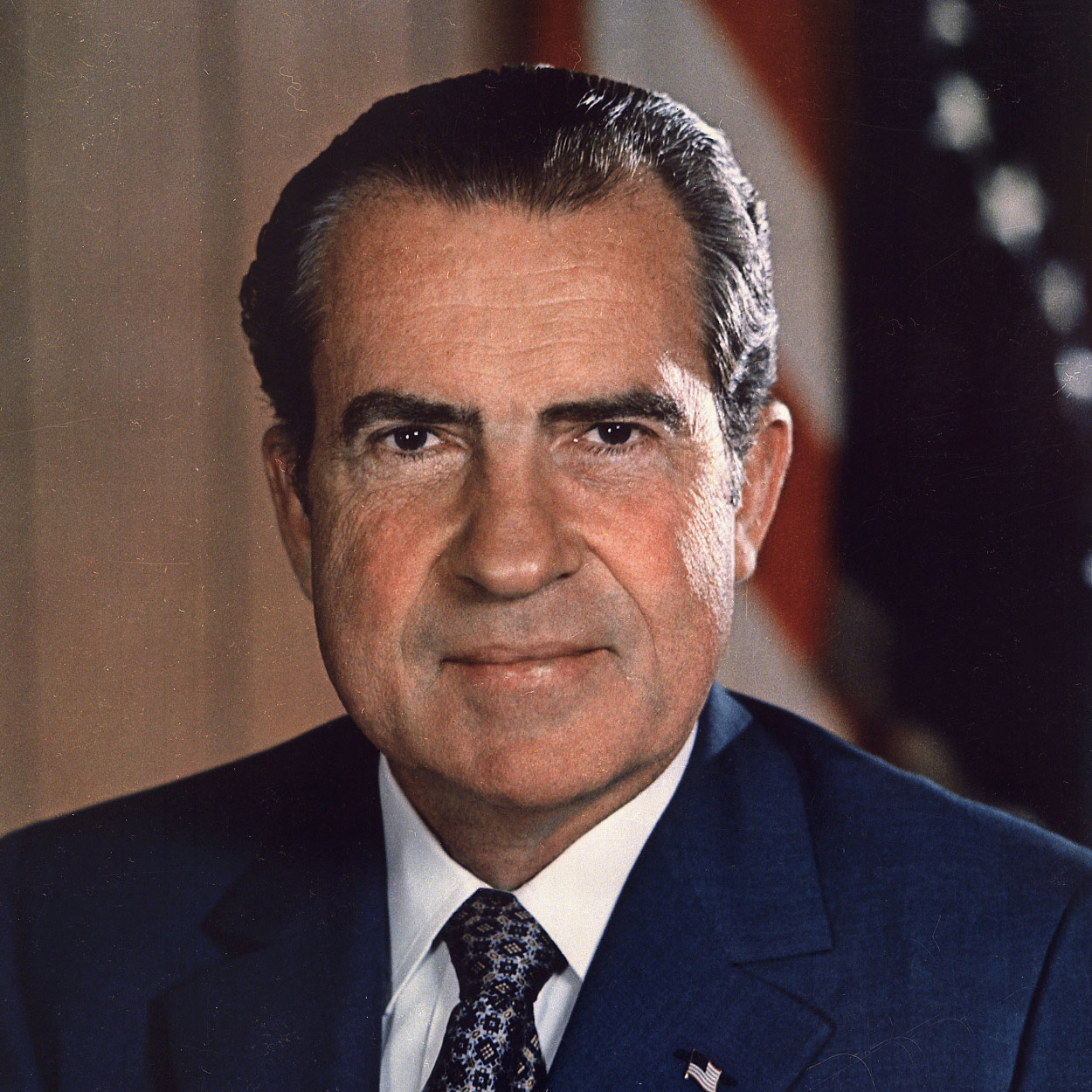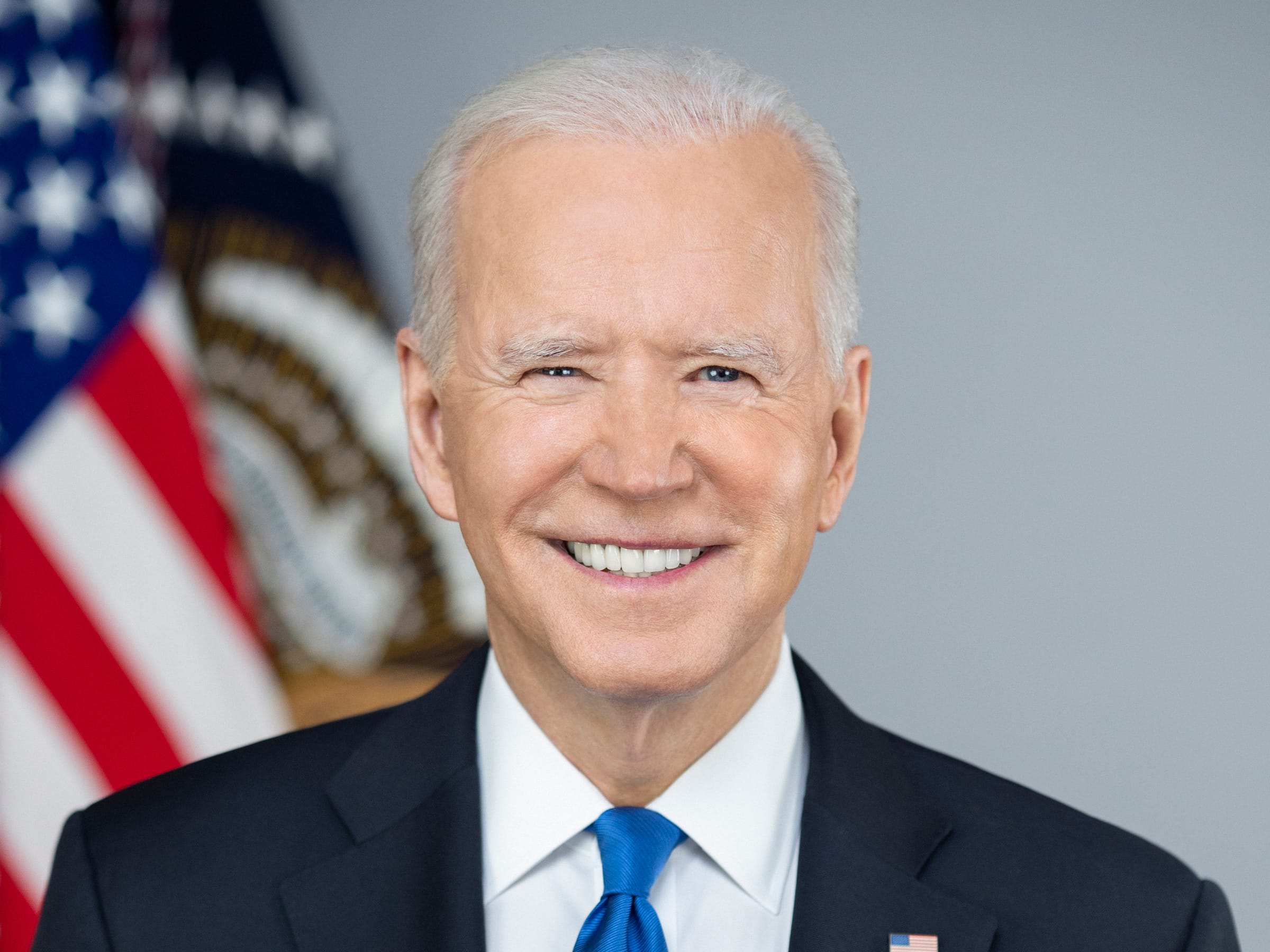On this Election Day, as we head to the polls, it’s important to reflect on the progress made in animal welfare across different administrations. Let’s explore some of the most significant actions taken by the U.S. government for animal rights throughout the years, highlighting contributions from both Democratic and Republican administrations.
The Animal Welfare Act (1966)
Signed into law by President Lyndon B. Johnson, the Animal Welfare Act was a groundbreaking piece of legislation. It was the first federal law in the United States to regulate the treatment of animals in research, exhibition, transport, and by dealers. The Act set standards for humane care and treatment, including adequate housing, handling, sanitation, nutrition, water, veterinary care, and protection from harm. It has been amended several times to expand the range of animals and activities covered.
President Lyndon B. Johnson
Marine Mammal Protection Act (1972)
This bipartisan effort, signed by President Richard Nixon, was the first legislation to call for an ecosystem approach to natural resource management and conservation. The Act prohibits the “taking” of marine mammals in U.S. waters and by U.S. citizens on the high seas, as well as the importation of marine mammals and marine mammal products into the U.S. It has been crucial in protecting species such as whales, dolphins, seals, and manatees from hunting, capture, and harassment.
President Richard Nixon
Endangered Species Act (1973)
Another significant piece of legislation signed by President Nixon, the Endangered Species Act provides for the conservation of threatened and endangered plants and animals and their habitats. It requires federal agencies to ensure that actions they authorize, fund, or carry out are not likely to jeopardize the continued existence of any listed species or destroy or adversely modify their designated critical habitat. The Act has been instrumental in preventing the extinction of numerous species, including the bald eagle, grizzly bear, and humpback whale.
Humane Slaughter Act Amendments (1978)
Signed by President Jimmy Carter, these amendments strengthened the original 1958 Humane Slaughter Act. The amendments expanded humane slaughter requirements and enforcement mechanisms, mandating that livestock be slaughtered in a “humane manner” to prevent needless suffering. It required that all meat sold in the U.S. be derived from animals slaughtered according to these “humane” standards, significantly impacting industry practices.
President Jimmy Carter
Captive Wildlife Safety Act (2003)
This bipartisan act, signed by President George W. Bush, aimed to prevent interstate commerce of big cats as pets. It amended the Lacey Act to make it illegal to import, export, transport, sell, receive, acquire, or purchase any live big cats—such as lions, tigers, leopards, cheetahs, jaguars, and cougars—in interstate or foreign commerce. This act responded to the growing problem of exotic pet ownership and associated public safety risks.
President George W. Bush
Animal Fighting Prohibition Enforcement Act (2007)
Also signed by President George W. Bush, this act made it a felony to transport animals across state lines for fighting purposes. It significantly strengthened federal animal fighting laws by imposing penalties of up to three years in jail and $250,000 fines for violations of animal fighting provisions. This act was crucial in combating cruel practices like dogfighting and cockfighting.
Preventing Animal Cruelty and Torture (PACT) Act (2019)
This bipartisan bill was signed into law by President Donald Trump and made certain acts of animal cruelty a federal crime. The PACT Act expanded on previous laws prohibiting “animal crush” videos and made underlying acts of animal cruelty punishable under federal law. This landmark legislation filled gaps in anti-cruelty laws and provided federal law enforcement with additional tools to prosecute animal abusers.
President Donald Trump
Big Cat Public Safety Act (2022)
Signed by President Joe Biden, this act prohibits private ownership of big cats like lions and tigers as well as public contact with these animals. It addresses issues concerning private ownership of big cats and their use in public encounter operations while restricting direct contact between the public and big cats—except for accredited zoos and universities.
President Joe Biden
As we cast our votes today, let’s consider how future administrations can continue building on this legacy of animal protection. Every vote counts—let your voice be heard for those who cannot speak for themselves! Vote for policies that promote compassion towards animals and ensure their rights are protected!






